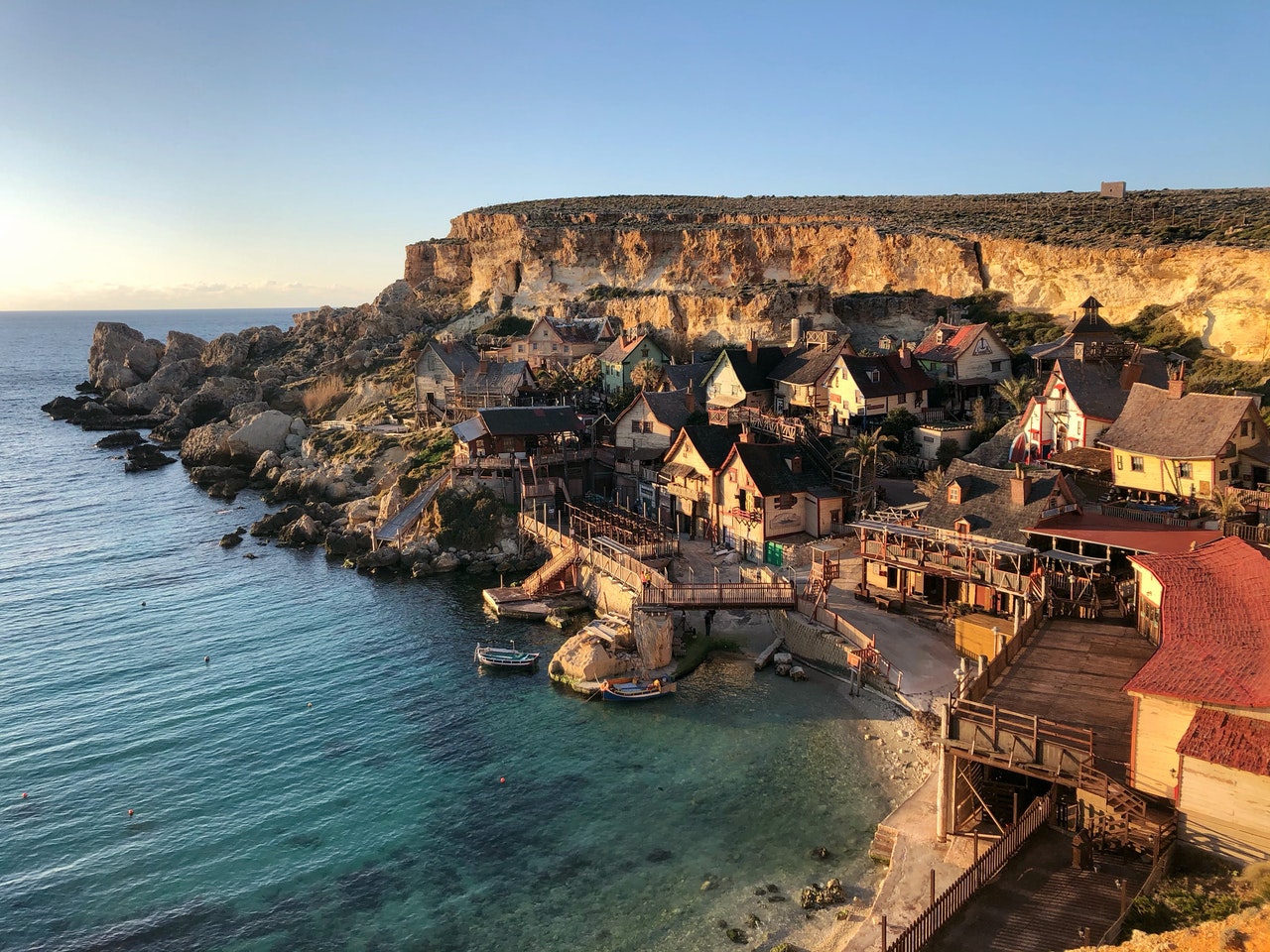When their Level 5 residential field trip to Malta was cancelled due to the Coronavirus, the Geography Team quickly and effectively re-created the experience online.
To do this, the Team began with the Learning Outcomes (LOs). The Team did not seek to reproduce their residential fieldtrip online, but to redesign it, crafting an online experience that met the aims – the learning outcomes – of the fieldtrip.
Field trips have academic aims – knowledge, skills and understanding – but also social aims – community, engagement, retention. Because the field trip occurred at the very start of the Covid-19 lockdown, the Team were focused on very quickly adapting the field trip to meet the academic aims.
To meet these aims, Prof. Peter Vujakovic created 3 field exercises, tasking students to explore landscapes using web-based resources, such as Google Earth, the National Geological Survey and art galleries, to produce annotated guides for visitors. The first field exercise considered the death of the high street, tasking students with exploring an urban area from an economic geography perspective. The second, hill towns, tasked students with exploring historical geographic landscapes, from a human geography perspective. The third, focusing on physical geography, examined a series of hypotheses about the invasion of non-native vegetation, which required students to take measurements ‘in the field’, using Google Earth Pro.
All of this could be undertaken without leaving the house. Students received a field pack for each activity, including detailed instructions on how to complete each task (inc. how to use software), the objective of the task (LOs) and how/where/when to submit the assignment.
Whilst students could not experience the physical aspect of being present in the space, creative use of online resources allowed students to complete the academic tasks that they would have completed in the field, meeting all of the LOs for the module.
Student evaluation was very positive. However, whilst the academic aims were met, feedback suggested that students did miss the social aspect of the residential.
The Team have the following tips, to meet the social aims of fieldtrips:
- Include group work. Students would ordinarily work on field tasks in groups. This can be achieved online, but it does need to be tightly structured, with scheduled online meetings and clear instructions regarding job roles and expectations.
- Include social space. This can be asynchronous, via discussion boards and social media, or synchronous, using Collaborate, Teams or other meeting software. This can go some way to recreating the community, but it will need facilitation, initially, to make it work.
- Remember to include an academic presence. Student feedback highlighted that residential fieldtrips allow them to get to know academics socially and that this is important to them.
Ensuring academic presence in field tasks and social activities can support learning community, building staff-student relationships, bolstering engagement and retention.
For more information on the Geography field trip, please contact Alexander.Kent@Canterbury.ac.uk.
For more information on L&T in the Faculty of Science, Engineering and Social Sciences, contact Susan.Kenyon@Canterbury.ac.uk
 PRISM
PRISM Jack Charter
Jack Charter 997
997


